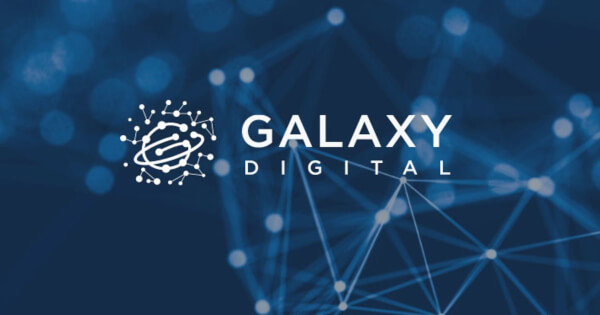Peter Zhang
Dec 09, 2024 07:45
Ethereum’s All Core Developers Consensus Call #146 focused on key upgrades, including EIP 7691 and EIP 7623. Developers addressed significant issues like the Mekong deposit bug and upcoming Pectra Devnet 5.
On November 28, 2024, Ethereum’s core developers convened virtually for the 146th All Core Developers Consensus (ACDC) call, chaired by Alex Stokes, a researcher from the Ethereum Foundation. The biweekly meetings are essential for discussing and coordinating changes to Ethereum’s consensus layer, also known as the Beacon Chain, according to galaxy.com.
Mekong Deposit Processing Bug
The meeting addressed a significant disruption caused by validator deposits on the Mekong testnet on November 25, 2024. The network has since stabilized, but the incident highlighted the need for enhanced testing of Pectra specifications. Prysm developer “Potuz” emphasized the necessity for more thorough testing, while Consensys Researcher Mikhail Kalinin noted discrepancies between client code and specifications.
Devnet-5 Specifications
Preparations for Pectra Devnet 5 were a focal point, with four main issues discussed. These included updates to execution and consensus specifications, such as EIP 7691’s increase in blob throughput capacity. Developers agreed to merge necessary changes into Devnet 5, aiming to improve testing and operational efficiency.
EIP 7691
The developers debated the merits of increasing blob throughput capacity, with some advocating for a cautious approach. Despite differing opinions, including opposition from Prysm developer “Potuz”, the consensus leaned towards advancing with a higher target/max blob count, as suggested by Stokes, to maintain Ethereum’s competitive edge.
EIP 7623
Discussions also covered EIP 7623, which proposes increasing call data costs to reduce Ethereum block sizes. Some developers, like Geth’s “Lightclient”, opposed its inclusion in Pectra due to readiness concerns, while others stressed its importance for security. The debate concluded with plans to revisit the issue in future discussions.
EIP 7251 and PeerDAS
Developers addressed EIP 7251, concerning a potential exploit involving validator balance consolidations. A proposed fix is underway, with no objections to its inclusion in Devnet 5. Additionally, updates on PeerDAS development were shared, with plans to proceed after finalizing Pectra Devnet 5 specifications.
Future Developments
Thomas Thiery presented EIP 7805, which aims to enhance Ethereum’s censorship resistance. The meeting concluded with plans to continue discussions on ACD call process improvements in the next session, ensuring ongoing development and security enhancements for Ethereum.
Image source: Shutterstock









